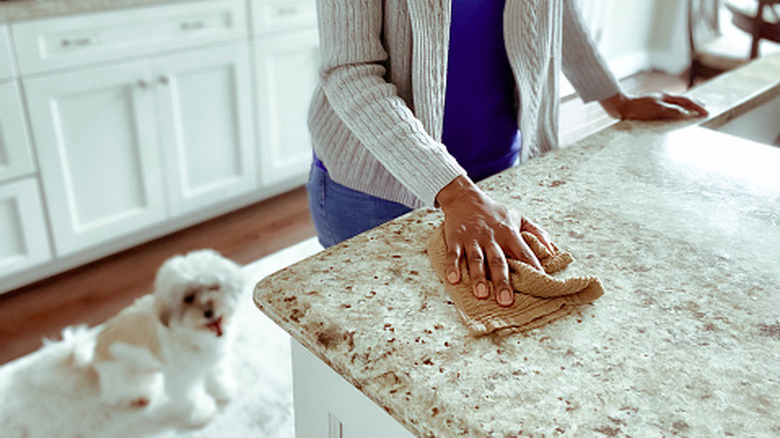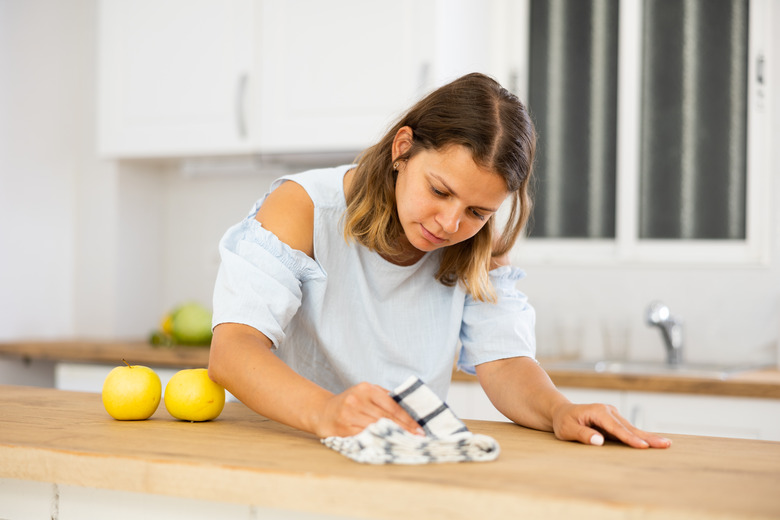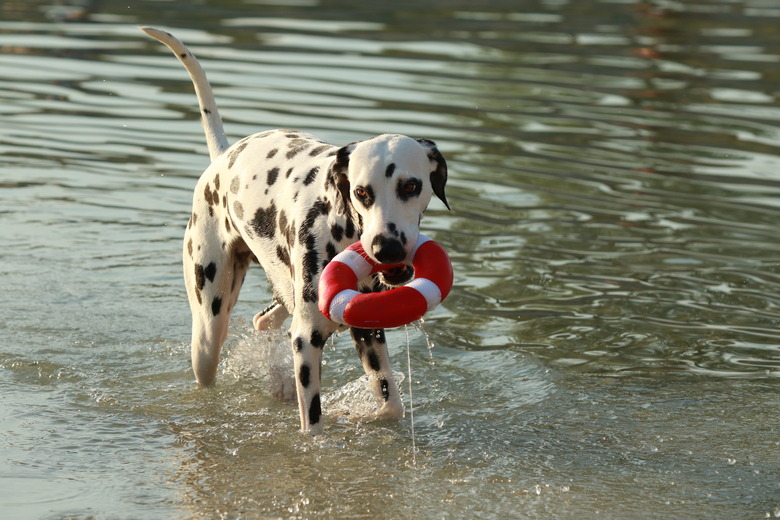How To Clean Up After Kennel Cough
Dogs, just like humans, can catch bronchial infections while socializing. Pet owners should know that dogs are most likely to contract kennel cough from other dogs while spending time in places such as kennels, day cares, or dog parks. If you notice that your dog has a loud, persistent cough, you should arrange a visit to the veterinarian.
Kennel cough is highly contagious disease, so isolating your dog from contact with other dogs and thoroughly disinfecting your home is essential. Kennel cough is usually not life-threatening but can occasionally progress to secondary infections like pneumonia, especially in elderly dogs or those with a compromised immune system.
What is kennel cough?
Kennel cough, also known as canine infectious tracheobronchitis, is a general term for any highly contagious, airborne, upper respiratory infection in dogs with a cough as its primary symptom. It can be caused by pathogens such as the bacteria Bordetella bronchiseptica, parainfluenza virus, or canine adenovirus type 2.
If your dog has a honking cough often followed by gagging, nasal discharge, runny eyes, sneezing, a reduced appetite, and a depressed demeanor, they may have kennel cough. Your animal hospital can provide a diagnosis and recommend appropriate care depending on the cause and severity of the illness in your dog.
Kennel cough is highly transmissible and can be caused by viruses and bacteria. It spreads quickly in places where dogs are housed together, such as doggy day cares or boarding kennels, which is why it is called kennel cough.
It is communicable between dogs through direct contact or when socializing in groups and is so infectious that dogs can catch it while briefly greeting or sniffing another dog. Although airborne, kennel cough can be spread by bacteria on shared items, such as food bowls, water bowls, and toys.
Kennel cough vaccines offer some protection for dogs, so discuss vaccinations with your veterinarian, especially if your dog is spending time with groups of other dogs.
How long does the kennel cough virus live on surfaces?
Bordetella is one of the most common bacteria that can cause kennel cough. It can live on surfaces such as toys and bowls for up to 48 hours, on cloth and carpeting for up to 24 hours, and in the ground for up to 45 days.
How do I disinfect my house from kennel cough?
Household cleaners can disinfect the most common bacteria that cause kennel cough. Knowing how to disinfect your home will help prevent reinfection and the transmission of kennel cough to other dogs.
Initial cleaning
Initially, surfaces that have been in contact with an infected dog should be cleaned with plain water. This will remove debris such as sputum or vomit without the possibility of leaving a chemical film behind that will interact or interfere with other cleaners.
Take care to wipe all solid surfaces that may be infected. Because kennel cough is airborne, this will include walls and countertops. Food and water bowls, toys, bedding, and soft fabric surfaces should also be disinfected.
Steam clean any furniture, carpets, or rugs in which any kennel cough germs may hide. Wash bedding, blankets, and dog coats in the washing machine using hot water and laundry detergent. Sunlight is one of the most effective natural disinfectants, so airing and drying fabric items in the sun is a useful way to kill kennel cough bacteria.
Replace soil from heavily infected areas with fresh soil. Consider replacing grass or dirt with a surface that is easier to disinfect to prevent future infection.
What disinfectant spray kills kennel cough?
A spray dilution of bleach is one of the most effective disinfectants for kennel cough. It is safe to use at a ratio of one part bleach to 32 parts water. Commercial kennel disinfectants are also available.
How do I disinfect my dog's toys and bowls?
Wash your dog's washable items in hot water with soap. Wash bowls and toys in the dishwasher if they are dishwasher safe. Thoroughly hand washing with hot water and dish soap or using a white vinegar and water solution can also be effective for disinfection.
What is the best way to disinfect a dog's crate?
Wash what you can be hand. Wipe all surfaces of your dog's crate with a cloth containing a bleach solution or commercial kennel disinfectant.
The bottom line
Dog owners should know that kennel cough is a common and highly infectious canine bronchial illness, most common in locations where groups of dogs are housed, such as boarding facilities, or where they gather. Bordetella vaccination can reduce the risks. If your dog shows symptoms of kennel cough, seek veterinary advice. Although it is rarely dangerous, kennel cough can lead to pneumonia. Disinfecting your home will reduce the chance of reinfection and transmission to other dogs.


